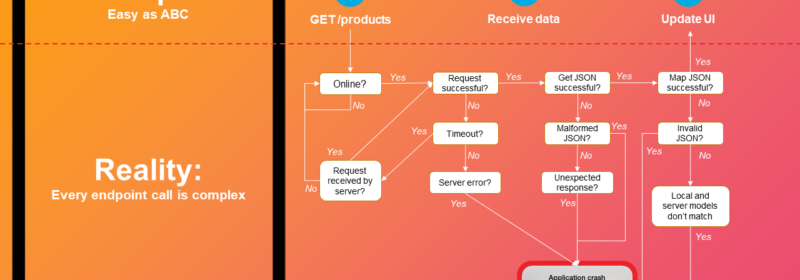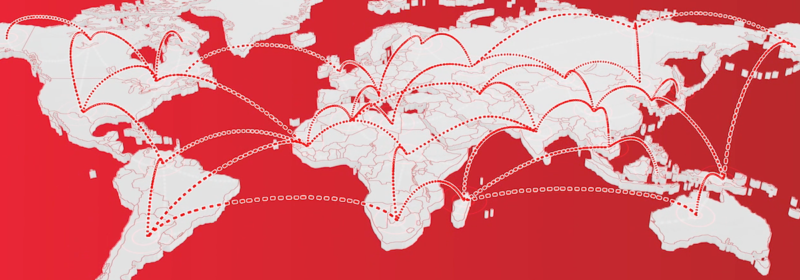Tag: distributed databases

Data Replication: Advantages & Disadvantages
Data replication (storing redundant copies of data in multiple locations) is crucial when it comes to maintaining high availability, improving the performance of your systems, and ensuring business operations run smoothly in the event of disaster. However, it does come...

Mobile Developers: Is REST Keeping You Up At Night?
REpresentational State Transfer, commonly known as “REST”, describes a standard for programmatic communication with backend data services over the web. A REST API is a programming interface that uses HTTP requests to POST (create), GET (read), PUT (update), and DELETE...

Guide to Cloud Data Replication
Traditional data replication required managing a lot of moving parts in your application. Modern data replication takes it to the cloud, where backend systems do most of the heavy lifting. But cloud data replication is more than just synchronizing data...

Support for Concurrent Index Creation in Indexing Service
Modern applications are implemented as a set of a large number of microservices. Each such microservice may run independently of many other microservices. Such applications expect underlying databases to support multi-tenancy. Couchbase Server 7.0 has introduced Scopes and Collections to...

Distributed Databases: An Overview
Distributed Databases apply the principles of distributed computing to storing data. The simplest example is a database which stores data on two (or more) servers connected by a network. This “cluster” can be accessed and managed as if it was...